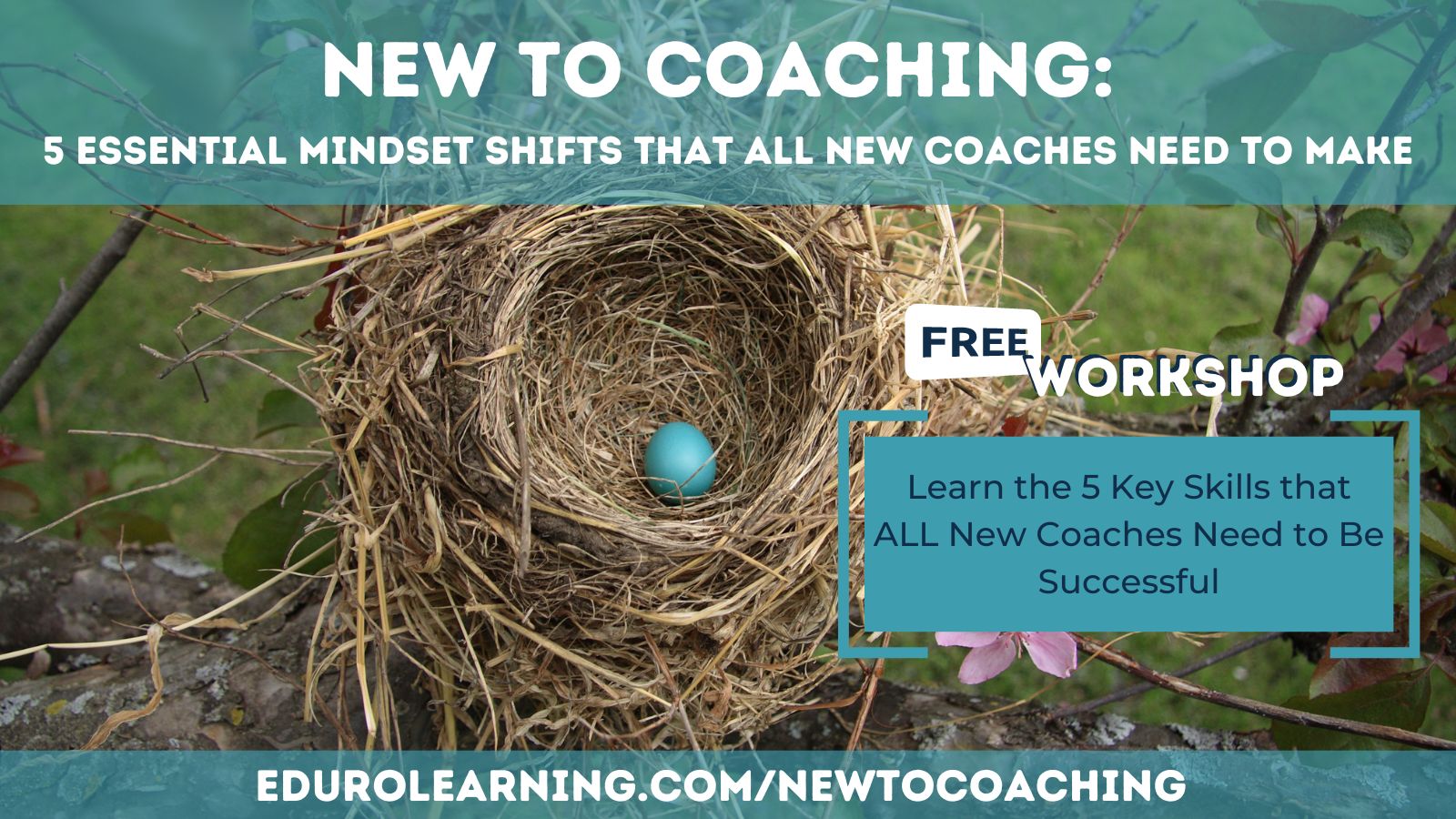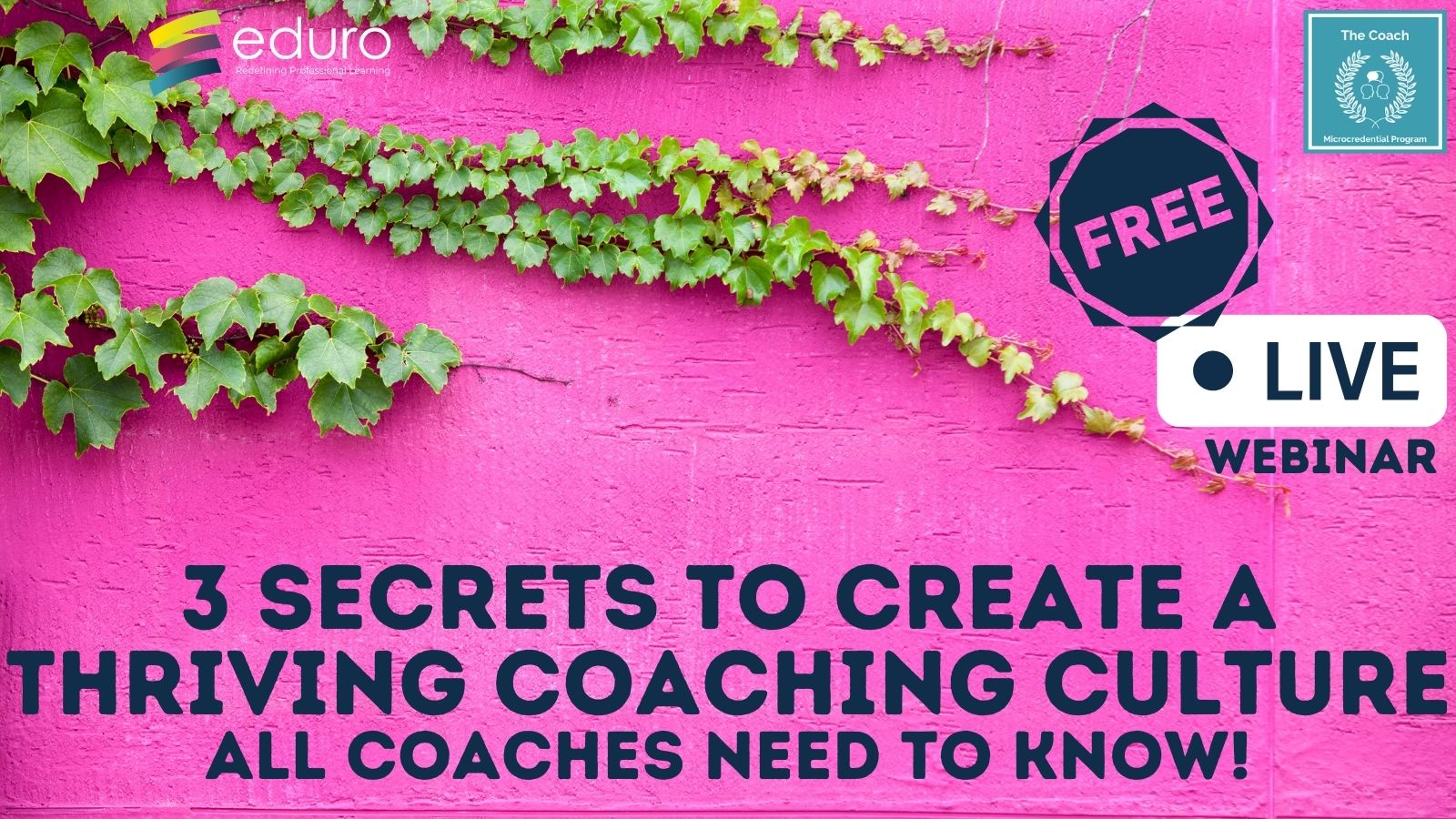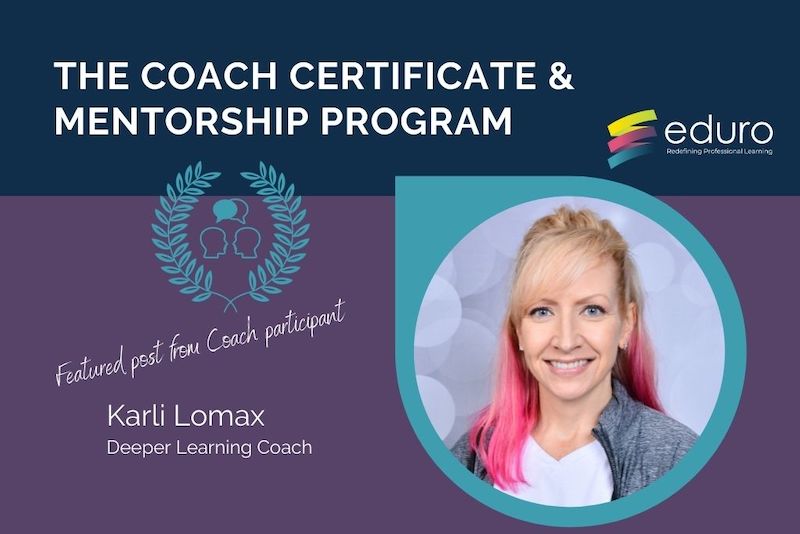We want to give you a peek inside our Coach Certificate & Mentorship Program. Coaches taking part in this academic-year-long journey have graciously given us permission to post some of their learning and reflections from the private coursework they are undertaking during this program. Where possible, we have shared the course and the action task to give context for the guest post.
The Topic: Coaching Challenges
The Task: Tell us how you are currently collecting and reflecting on the data you collect.
How often do you collect feedback? What form does it take?
I collect verbal feedback at the end of each meeting with a coachee, and use a survey at the end of coaching cycles. When I presented at the regional conference, I invited participants to email me afterwards. I wish I had had time to design a super short survey, though, but I was trying to be conscious of time between sessions.
What are the patterns that are emerging?
After conversations, I have found that most coachees say that being able to talk about what they are thinking about is most helpful, and that I express their thinking back to them in a way that helps them reflect. After cycles, most coachees have given me positive feedback about the way I interact with them, which I interpret as reading their needs appropriately and meeting them where they are at. After the conference presentation, participants said that it was helpful and informative and they appreciated they way I presented and how I was “vulnerable” which I interpret as authentic and honest.
How are you acting on the results of this data?
As a result, I try to continue to develop my questioning and paraphrasing skills. I am also trying to listen closely to understand my coachee, and their perspective. I also want to be as authentic as possible and just be me.
In what way has collecting feedback improved your coaching practice?
Collecting feedback has improved my practice in that it has helped me reflect, set goals and grow. It has helped me to be more responsive and put the needs of my coachee first, in a way that prioritizes student learning, which is the ultimate goal.
Read more from The Coach participants as they share their learning from the certificate & mentorship program…
Mairin: Leading Professional Learning
Abby: The Power of Learning Walks
Sandra: Coaching for School-Wide Change
Ready to Measure Your Impact as a Coach?
If you’re ready to measure your current or potential impact as a coach, and thinking about how you can be more intentional in your coaching practice, join us for one of our courses for coaches!
One of the things we’re most proud of here at Eduro is that there’s no one-size-fits-all learning – you always have choice and voice in how you learn with us. This highlights one of the key themes that you’ll find in all of our courses for coaches, and if you’re curious to take your learning deeper, we have two great options for you.
New Coaches:
If you’re just getting started as a coach, and you want to learn how to make these mindset and skillset shifts, watch our New to Coaching Workshop, which will also tell you all about our brand new course, Getting Started as a Coach, which is open for registration RIGHT now – so don’t wait if this sounds like it’s right for you! This course is specifically designed for classroom teachers that are moving into a coaching role. It’s focused on exactly the skillset & mindset shifts you need to make to be successful as an instructional Coach.

Experienced Coaches:
If you’re already a coach & you want to think about being more intentional & strategic in your practice, watch our workshop on the Thrive Model for Coaching Success which will help you evaluate your program to see where you may have room to grow – and help you decide if our year-long mentorship and certification program, The Coach, is right for you, right now. This program is designed for current coaches who are focused on building a coaching culture through intentional and strategic coaching work at all levels – with teachers and school leaders.


Recent Comments